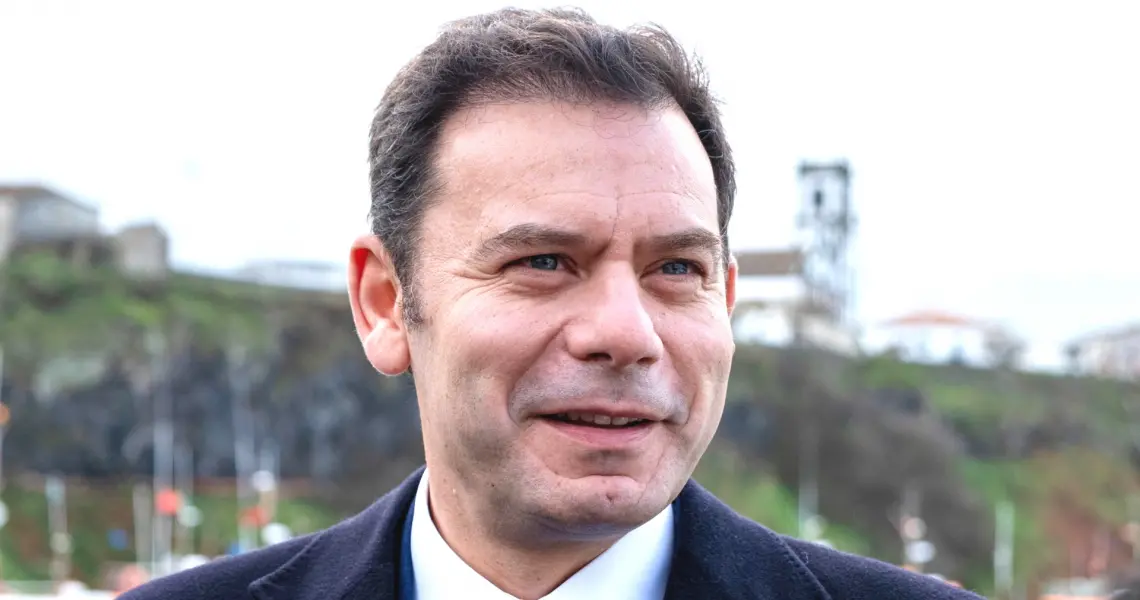Portugal saw a major political change as Marcelo Rebelo de Sousa made Luis Montenegro, chief of the center-right Democratic Alliance (AD), Prime Minister.
This followed the March 10, 2024, elections where AD led with 80 seats, slightly ahead of the Socialist Party’s 78.
This victory signals a shift, emphasizing the nation’s varied political scene.
Montenegro’s rise in the Social Democratic Party (PSD) became evident after his 2022 win over Jorge Moreira da Silva. This leadership phase revived PSD, aiming to boost its poll presence.
Montenegro, known for his level-headed debate style, emerged as a central conservative, distancing himself from the populist Chega party, the country’s third-largest.
Upon taking office, Montenegro highlighted key focuses, including health service reforms, tax reduction, talent retention, and immigration policy improvements.

He voiced concerns over a proposed 2024 regionalization referendum, citing its current irrelevance.
Montenegro aims for a governance style that prioritizes citizen needs over political ideology.
Montenegro’s tenure is pivotal for Portugal, blending tradition with new governance approaches amid global changes.
His office begins on April 2, 2024, with the government’s structure announced on March 28.
Montenegro’s strategies are set to steer Portugal through challenges and opportunities, marking a significant period in its political landscape.
Background – Montenegro Takes the Helm
Montenegro’s ascent is part of a broader reconfiguration within Portuguese politics. His victory underscores a departure from leftist governance, favoring center-right policies.
The AD’s narrow lead over the PS indicates a deeply divided electorate, reflecting diverse political inclinations across Portugal.
Montenegro’s leadership rejuvenates the PSD, promising a fresh approach to longstanding challenges.
His commitment to avoiding coalitions with far-right factions like Chega emphasizes a moderate, inclusive path forward.
Montenegro’s priorities, including healthcare and tax reforms, signal a pragmatic approach to governance, focusing on broad societal needs.
His tenure begins amid global uncertainties, positioning Portugal at a crossroads between tradition and innovation.
Montenegro’s strategies will likely shape Portugal’s identity on the European and world stage, marking a significant era in its political history.

